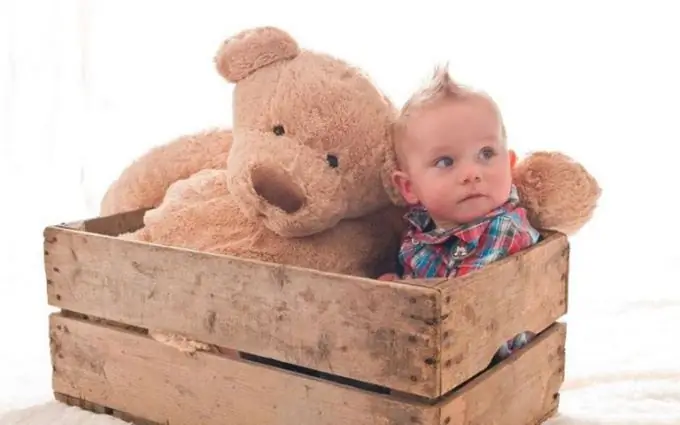- Author Horace Young young@householdfranchise.com.
- Public 2023-12-16 10:35.
- Last modified 2025-01-23 11:41.
When a family has several children, the problem of "property" arises. The younger seeks to use the older's toy, but the elder does not understand what needs to be shared. No matter how difficult it may be for you, parents, understand that such quarrels are useful, so there is no need to be afraid of such moments. By choosing toys, children learn to share and get along. There is absolutely nothing to be afraid of, but what can be done so that children can comprehend the science of getting out of such conflicts?

The first step will be to reduce the likelihood of quarrels as much as possible. Divide toys with the older child into two categories: toys that are dear to him (1) and toys that he can share (2). Have the older child play with toys (1) out of the younger's line of sight. Hide toys that might break or damage your baby.
When an argument breaks out, calm the children down and talk to the elder. Explain to him that the baby is drawn to his toys out of curiosity, not to anger. Tell him that sharing is really difficult, but being greedy is also not good, because then no one will play with him at all.
Work with your children to find a variety of problem-solving methods. It is important that the children themselves find a way out of such conflict situations. This option is possible: the younger takes the ball from the older one, and the older one brings him another ball and takes his own.
It is important to teach the older child to calmly refuse the baby, without screaming, swearing or crying.
Both children should have an accessible opportunity to play not only with each other, but also separately from each other. A great option is to have the kids spend time together but do different activities. For example, while the older child is playing, read the younger a fairy tale. Participation in the game is also a good thing.






